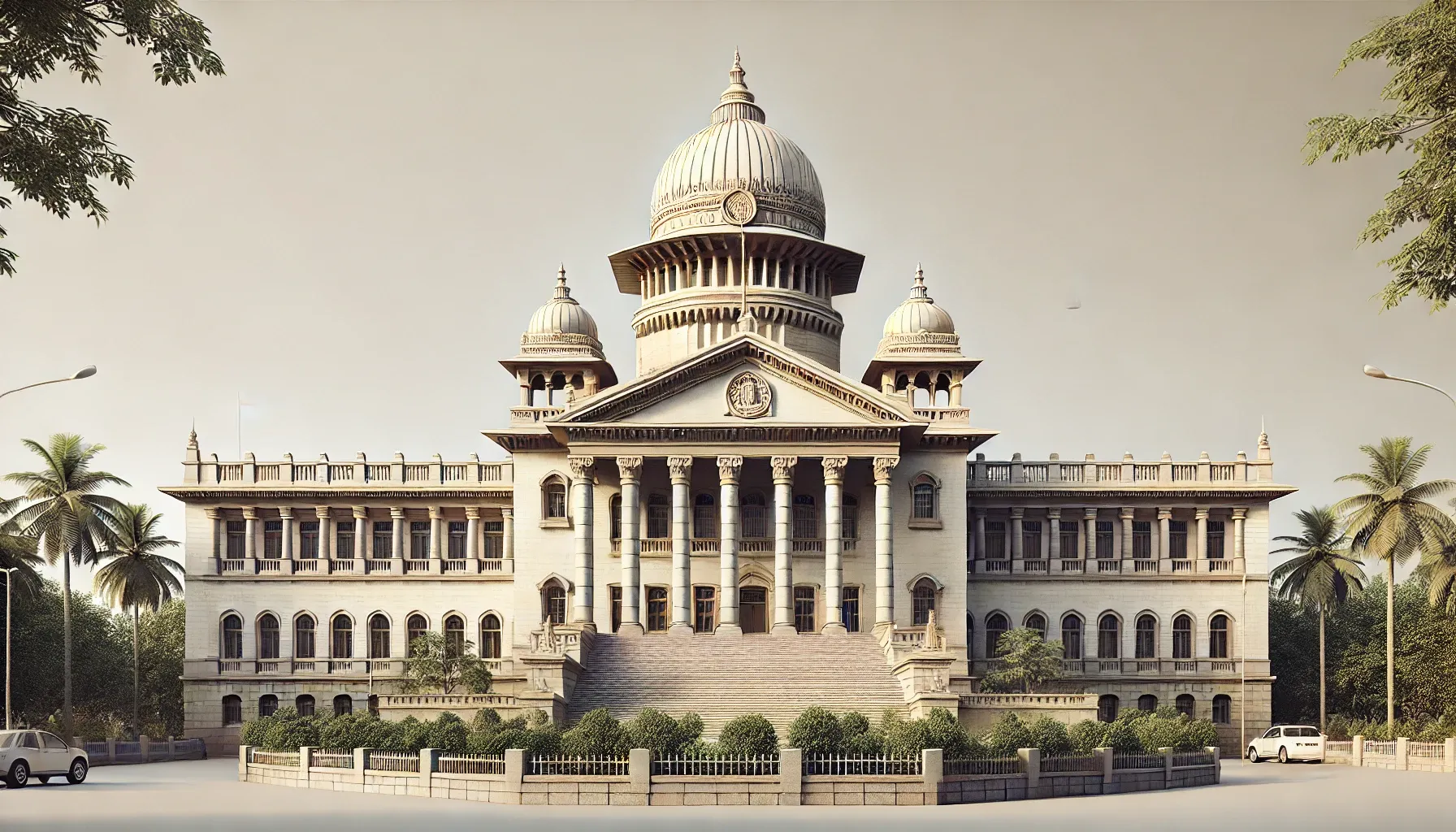The Karnataka High Court has requested Chief Minister Siddaramaiah’s response on a plea to transfer the MUDA scam investigation from Lokayukta to CBI, emphasizing public confidence in transparency.

In a significant development, the Karnataka High Court on November 5 addressed a plea that seeks to transfer the ongoing investigation into the alleged Mysore Urban Development Authority (MUDA) scam from the Lokayukta police to the Central Bureau of Investigation (CBI). The plea, filed by Snehamayi Krishna, highlights concerns about the impartiality and transparency of the current investigation, urging that only a CBI probe can ensure a thorough and unbiased inquiry.
High Court Issues Notice to Respondents
- The single-judge bench of Justice M Nagaprasanna issued notices to Chief Minister Siddaramaiah, his wife Parvathy, and other individuals named in the plea. The court scheduled the next hearing for November 26, directing the respondents to present their objections, if any, to the petition.
- Justice Nagaprasanna also instructed the Lokayukta police, who are currently leading the investigation, to submit detailed updates on the progress of the probe by the next hearing date.
Petitioner’s Argument: Lack of Public Confidence
- Representing the petitioner, Senior Advocate K G Raghavan raised concerns over the transparency of the Lokayukta’s investigation. Raghavan emphasized the importance of public trust in the investigative process, stating, “Our allegation is that investigation is not being done in a manner in which public confidence is restored in a matter of this kind. The investigation as a process must instil public confidence; that is not done.”
- According to the petitioner, transferring the case to the CBI would better serve public interest and enhance the credibility of the inquiry, as the case involves high-ranking officials, including the Chief Minister himself.
Background: Previous Court Orders and Dismissals
- The plea follows a September 24 ruling by the Karnataka High Court dismissing Chief Minister Siddaramaiah’s petition against the Governor’s decision to grant sanction under Section 17A of the Prevention of Corruption Act and Section 218 of the Bharatiya Nagarik Suraksha Sanhita. This sanction allowed an investigation and potential prosecution against the Chief Minister regarding the alleged scam.
- Following this dismissal, a special court in Bengaluru, acting on a private complaint by Krishna, directed the Lokayukta police to commence an investigation. The special court ordered the Lokayukta police to submit a report within 90 days of the investigation’s initiation.
Legal Grounds for the Petition
- The petition argues that the alleged irregularities and corruption in the MUDA case warrant a higher level of investigation due to the involvement of prominent figures, including the Chief Minister and his associates. The petitioner contends that the Lokayukta police may lack the resources or impartiality required to handle such a high-profile case effectively.
- The transfer of the case to the CBI, according to the petitioner, would not only ensure greater transparency but also reinforce public faith in the judicial process by allowing an independent body to handle the investigation.
Next Steps: Response from Lokayukta and CM’s Stand
- The Karnataka High Court’s order sets in motion the requirement for Chief Minister Siddaramaiah and other respondents to clarify their positions regarding the plea for a CBI-led investigation.
- The Lokayukta police, meanwhile, are expected to present a comprehensive report on their investigation progress, detailing steps taken since the special court’s directive in September.
Implications for Karnataka’s Political and Judicial Landscape
- This case has garnered considerable attention due to the high-profile figures involved and the serious nature of the allegations. A transfer to the CBI could have political ramifications, potentially impacting public perceptions of transparency within Karnataka’s government.
- The outcome of this case may also set a precedent for how investigations involving high-ranking officials are handled in Karnataka, influencing the jurisdiction and efficacy of the Lokayukta versus central investigative agencies.
Case Title: Snehamayi Krishna AND Union of India & Others, WP 27484/2024





